How to save on heating?
How can you save additionally this winter without feeling cold?
In the winter, we can get a surprise with heating bills. Some forms of heating our houses are more efficient than others, but with a few simple tricks we can spend a bit less and reduce our carbon footprint.
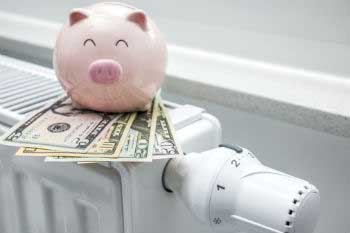
In the northern hemisphere, cold temperatures start as from November and with them come the feared heating bills. How can you save additionally this winter without feeling cold?
Here are 8 simple tricks:
1. The ideal temperature for heating a house is 19 - 21 °C. Just a 1 °C increase raises energy spending in 7%. At night 15 – 17 °C is enough.
2. It is better to keep a constant temperature. Sudden heating makes spending increase significantly.
3. Take advantage of daylight, pull down the blinds at night and close the curtains; this way you will prevent heat losses accumulated during the day. If you need to air the rooms, 10 minutes is enough.
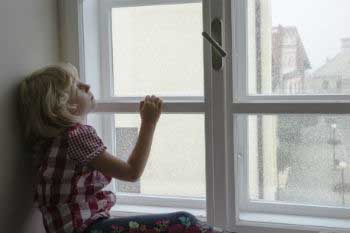
4. Set up a good insulation system for the windows. Up to 30% of heating needs are because of heat losses originated in windows (according to IDAE). Improve their glass quality and the kind of wooden frames. A double glass reduces heat losses up to 50%.
5. Check out for heat losses through doors and windows cracks, uninsulated blind systems, etc. You can fill them up with putty or silicone and you will have a better control of the heat in your house.
6. Set up a thermostat, if possible, a programmable one. It will keep an optimal temperature more easily and you will be able to save 8 – 13%.
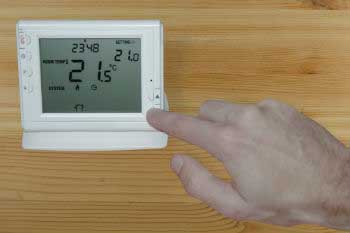
7. If you are away from home for a good part of the day, do not leave heating devices on during the day; it is better to schedule it on 1 hour before you arrive. Additionally, do not heat rooms you do not use and wrap up warm. At night it is better to have the heating off.
8. Compare offers on the market; you could be nicely surprised and save a lot.
The prevalent choice in individual heating is boilers (with radiators distribution or subfloor heating); then electric radiators (the most expensive systems) and heat-pump air conditioners.
If you use radiators:
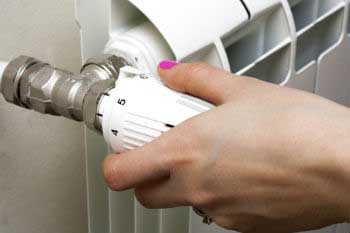
- Those powered by water need to be cleansed at least once a year before winter arrives for a correct performance.
- The best thing to do is keep them at a constant temperature and avoid strong temperature increases.
- Never cover them nor place furniture nearby; let the heat circulate freely.
- Did you know subfloor heating is more efficient than radiators? It just needs to heat the water from 35 °C to 45 °C.
Is your boiler efficient?
- Make a small investment and change your boiler for an energy-saving one (like the cogeneration ones). Sometimes you may be given grants or offers which you can use to renew your boiler.
- Keep the boiler in a good condition by having it checked on a regular basis, which can make big savings if it works properly.
¿What are the most efficient and cheapest heating systems?
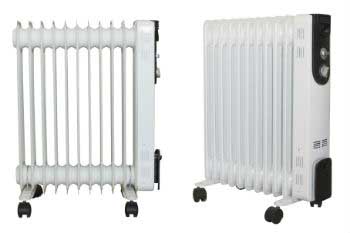
As for heating systems, we can say that those fuelled by natural gas or biomass (pellets) are the most economical ones.
If we use an equipment of energy classification type A, an airtherm heat-pump system would be the second most economical.
The most expensive systems are the electric radiators and those fuelled by diesel oil.
Do you have any other trick to save on heating? What is your experience?






